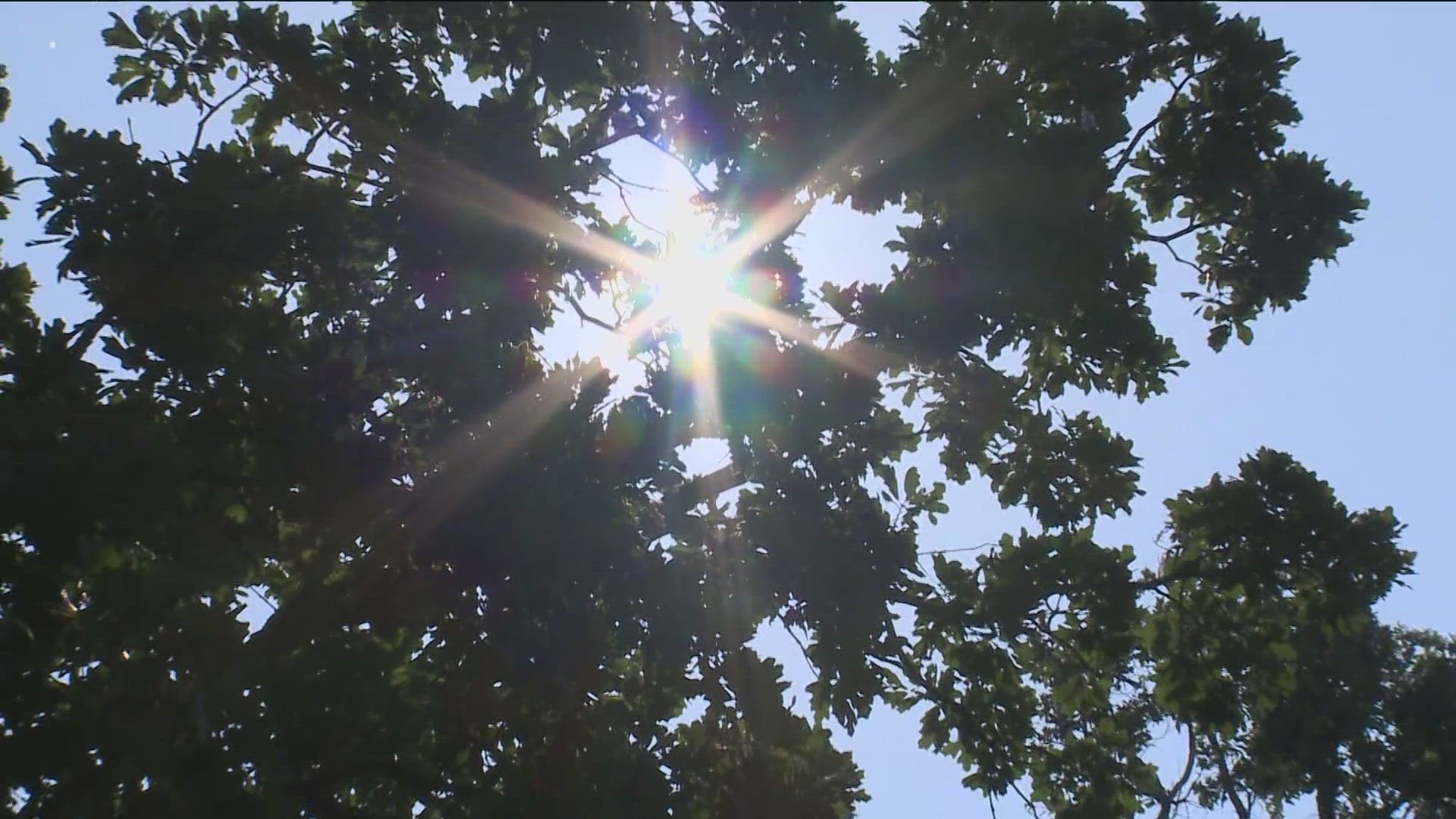FAYETTEVILLE, Ark. — Many people love the spring for its moderate temperature and blooming flowers, but as the temperature begins to warm up, experts say to expect seasonal allergies to get worse.
According to one recent study, parts of Northwest Arkansas are more susceptible to this pesky affliction than other cities across the United States.
According to a 2024 Allergy Capitals Report conducted by the Asthma and Allergy Foundation of America, Fayetteville ranked as the 10th most challenging place to live with seasonal allergies.
“Where Fayetteville comes into play is that in general, cities in the south are impacted,” Hannah Jaffee, Research Manager for the Asthma and Allergy Foundation of America, said. “16 of the top 20 cities in our report are in the south. And again, that's due to in general that they have warmer winters, which allows for plants to grow for longer and produce pollen for longer.”
According to Jaffee, the study looked at tree, grass, and weed pollen scores, over-the-counter allergy medicine use, and availability of board-certified allergists.
Arkansas’ lush landscape also plays a large factor in seasonal allergies being prevalent when the weather begins to warm up. Another factor, according to Jaffee, is Northwest Arkansas' population growth.
“This is the first year that Fayetteville has made our list due to really high population increases within the past few years," Jaffee said.
Climate change too, according to Jaffee, plays a part in longer allergy seasons.
“Studies have shown that within the past few decades, pollen seasons are actually starting about 20 days earlier and ending 10 days later,” Jaffee said. “Longer growing seasons, longer pollen seasons, and then people are affected by allergies for longer periods of time.”
Jaffee stressed that the report isn’t meant to scare people, but to educate the public on what causes allergies, and they can best protect themselves.
“If you're worried that you're at the top 10, what we really want to do through the report is just raise awareness about the different local influences that have an impact on allergies and just more to raise awareness about the different actions that can be taken,” Jaffee said.
The report states that managing contact with pollen, rinsing out the nose, using allergy medicines and speaking to a doctor can all be used to help treat seasonal allergies.
Watch 5NEWS on YouTube.
Download the 5NEWS app on your smartphone:
Stream 5NEWS 24/7 on the 5+ app: How to watch the 5+ app on your streaming device
To report a typo or grammatical error, please email KFSMDigitalTeam@tegna.com and detail which story you're referring to.

